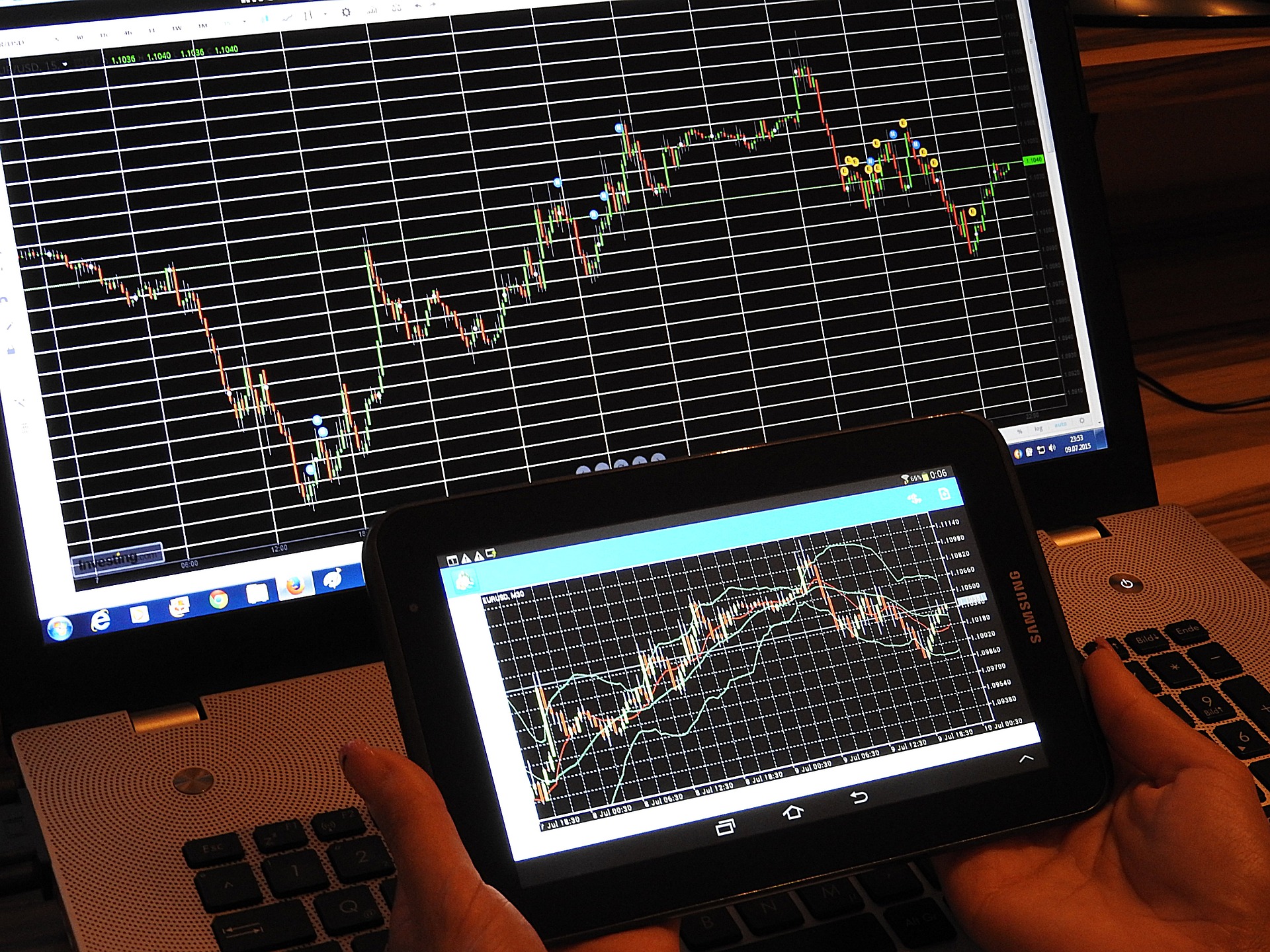When trading ETFs, avoiding mistakes that can impact your portfolio is essential. Here are six common errors traders make and how they can be mitigated.
Trading too often
Traders who trade too often are more likely to experience ‘chasing losses’. When a trader buys or sells a security to recoup previous losses, it often leads to further losses, as the trader effectively doubles down on a losing position. Chasing losses is often the result of poor risk management and can be highly damaging to a trading account. Traders who frequently enter and exit trades should take a step back and assess their trading strategy.
Are they taking on too much risk? Are their stop-losses too tight? Are they waiting for the perfect setup, only to miss out on the move? Answering these questions can help traders avoid the traps of overtrading and chasing losses.
Not doing your research
Traders who enter the market without doing their research are playing a dangerous game. The markets are complex and ever-changing, and without a solid understanding of the factors at play, it is easy to make costly mistakes. Traders brought it into sharp relief during the Covid-19 pandemic when the sudden market volatility caught many unprepared traders off guard.
Even seasoned professionals can find themselves caught if they fail to stay up-to-date with the latest developments. In short, researching is essential if you want to succeed in the markets. Ignore it at your peril.
Not diversifying your portfolio
Diversification is a crucial element of any successful investment strategy. By spreading your money across different asset classes, you can protect yourself from losses in one specific area. However, many traders mistakenly believe they can increase their returns by focusing solely on a few investments. This approach often leads to poor results, as even the best-performing assets will go through periods of underperformance.
Investors who have not diversified their portfolios will likely see significant losses when this happens. Diversification does not guarantee profits but can help reduce your investment portfolio’s overall risk, and it should be an all-important part of any trader’s strategy.
Letting emotions dictate your investment decisions
Traders often talk about staying calm and not letting emotions dictate their decisions. And for a good reason – studies have shown that emotional decision-making can lead to suboptimal outcomes. When investing, allowing emotions like fear or greed to guide decisions can lead to costly mistakes.
That’s not to say traders should not remove all emotion from the equation. After all, successful investing is being able to read and interpret the emotions of other market participants correctly. But when making actual investment decisions, it’s essential to take a step back and consider the facts and figures rather than letting emotions rule the day.
Not having a plan
Traders are often lauded for their ability to think on their feet and make quick decisions in the heat of the moment. However, this ability can also be a liability if it isn’t tempered with planning and forethought. Without a plan, traders may be more likely to take unnecessary risks, chase losses, or make poor decisions. A well-crafted trading plan gives traders a roadmap to follow, helping them stay disciplined and focused even when the market is volatile.
It can also provide a valuable framework for making decisions, analysing results, and improving performance.
Ignoring fees and commissions
Traders who ignore fees and commissions are putting themselves at a severe disadvantage. They will have to pay more for their trades but also miss out on the valuable information that fees and commissions can provide. By understanding how much it costs to trade, traders can make more informed decisions about when to enter and exit positions.
Furthermore, fees and commissions can provide insight into the liquidity of a market. If the cost of trading is high, it could indicate that there aren’t enough buyers or sellers to provide adequate liquidity. In other words, traders who ignore fees and commissions are missing out on essential data that could help them make more informed and successful trades.

